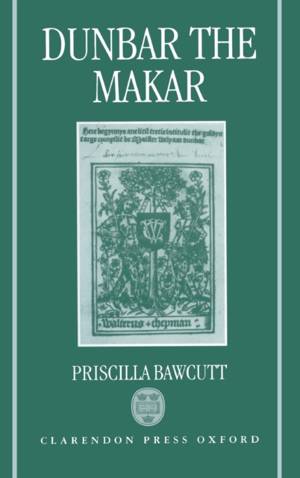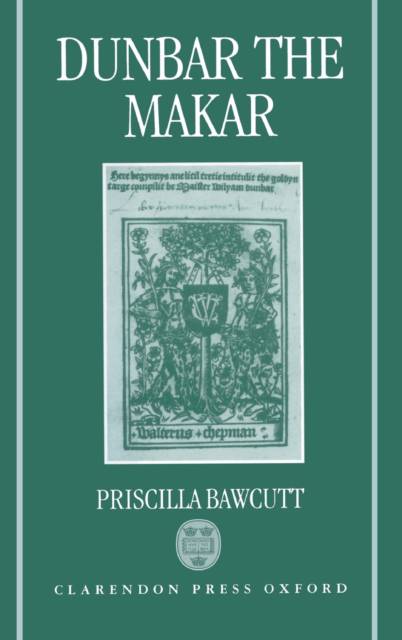
- Afhalen na 1 uur in een winkel met voorraad
- Gratis thuislevering in België vanaf € 30
- Ruim aanbod met 7 miljoen producten
- Afhalen na 1 uur in een winkel met voorraad
- Gratis thuislevering in België vanaf € 30
- Ruim aanbod met 7 miljoen producten
Zoeken
€ 88,95
+ 177 punten
Omschrijving
This critical study examines Dunbar's view of himself as a poet, or `makar', and the way he handles various poetic genres.
Specificaties
Betrokkenen
- Auteur(s):
- Uitgeverij:
Inhoud
- Aantal bladzijden:
- 416
Eigenschappen
- Productcode (EAN):
- 9780198129639
- Verschijningsdatum:
- 5/03/1992
- Uitvoering:
- Hardcover
- Afmetingen:
- 144 mm x 224 mm
- Gewicht:
- 663 g

Alleen bij Standaard Boekhandel
+ 177 punten op je klantenkaart van Standaard Boekhandel
Beoordelingen
We publiceren alleen reviews die voldoen aan de voorwaarden voor reviews. Bekijk onze voorwaarden voor reviews.








